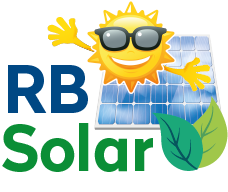How It Works
Going Green Is Easy
Solar panel systems harness the power of sunlight to generate electricity through a process called photovoltaics (PV). Whether you’re looking to connect your system to the grid (on-grid) or operate independently (off-grid), understanding how solar panels work is crucial to maximizing their efficiency and benefits.
On-Grid Solar Panel Systems:
On-grid systems, also known as grid-tied or grid-connected systems, are the most common type of solar panel installations. Here’s how they work:
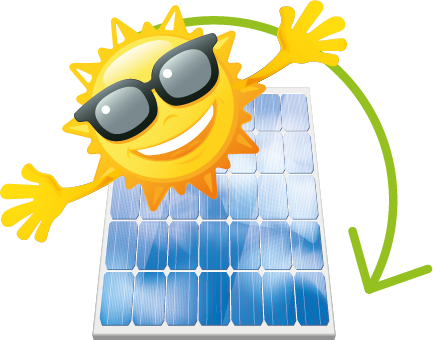
1. Solar Panels:
Photovoltaic panels are installed on the roof or ground, where they capture sunlight and convert it into direct current (DC) electricity.
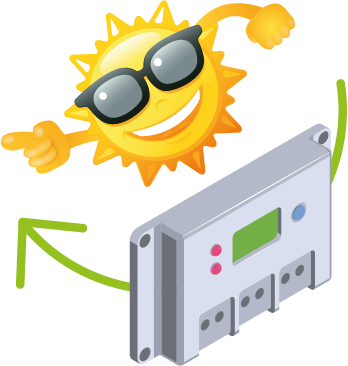
2. Inverter:
The DC electricity produced by the solar panels is then sent to an inverter, which converts it into alternating current (AC) electricity that can be used to power your home appliances.
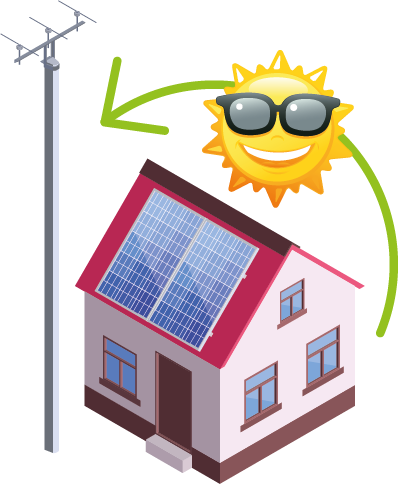
3. Grid Connection:
The AC electricity from the inverter is fed into your home’s electrical panel and used to power your appliances. Any excess electricity generated by the solar panels is exported to the utility grid through a bi-directional meter.
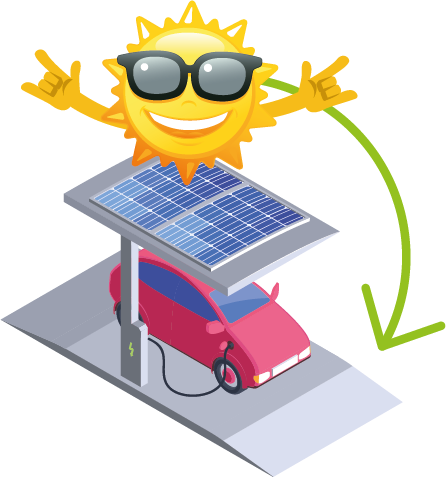
4. Utility Grid Interaction:
When your solar panels produce more electricity than your home consumes, the excess electricity is sent back to the grid, and you receive credits on your utility bill through a process called net metering. During times when your solar panels aren’t producing enough electricity, such as at night, you can draw electricity from the grid as usual.
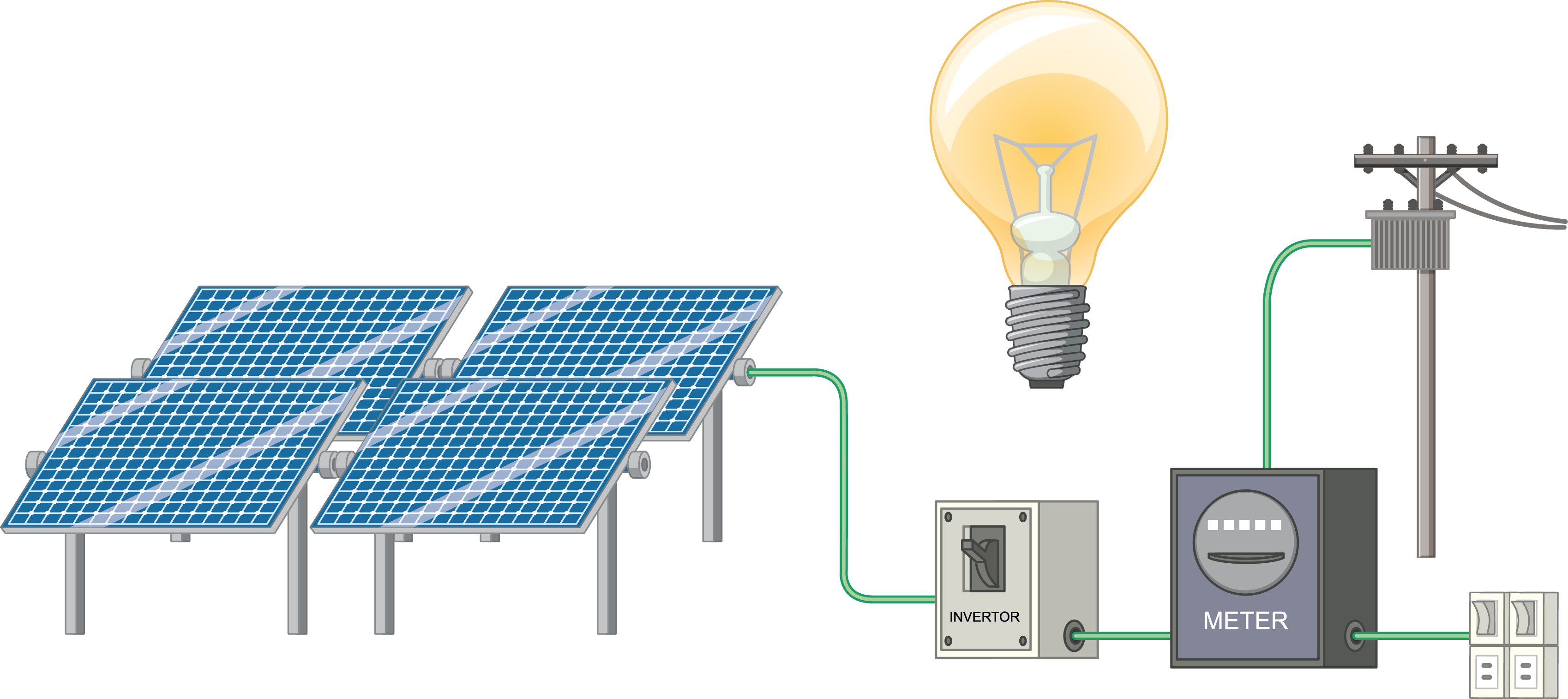
Off-Grid Solar Panel Systems:
Off-grid systems are designed for locations where access to the utility grid is limited or unavailable. These systems operate independently of the grid and typically incorporate batteries for energy storage. Here’s how they work:

1. Solar Panels:
Like on-grid systems, off-grid systems use solar panels to capture sunlight and convert it into DC electricity.
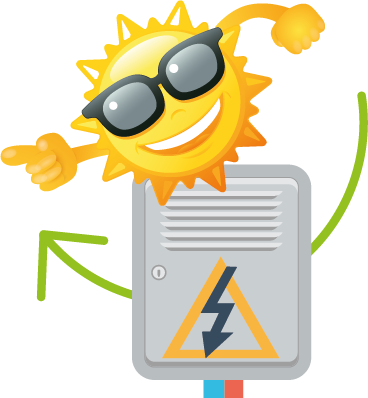
2. Charge Controller:
The DC electricity generated by the solar panels is sent to a charge controller, which regulates the voltage and current to prevent overcharging the batteries.
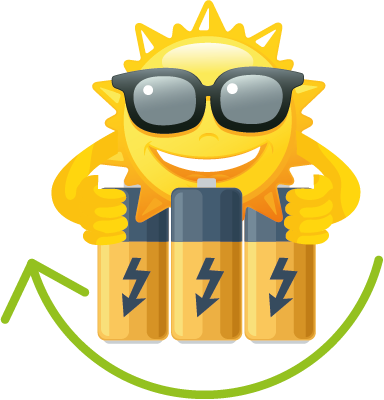
3. Battery Bank:
The electricity is stored in a battery bank, allowing you to have access to electricity even when the sun isn’t shining, such as during the night or on cloudy days.
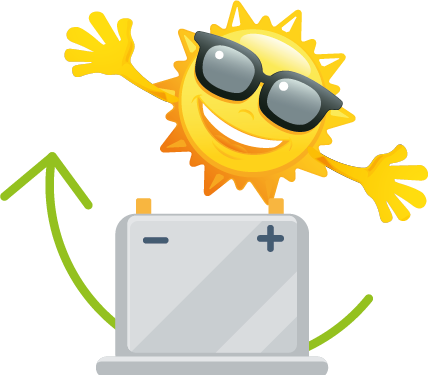
4. Inverter:
When you need to use electricity, the DC electricity from the battery bank is sent to an inverter, which converts it into AC electricity that can be used to power your appliances.
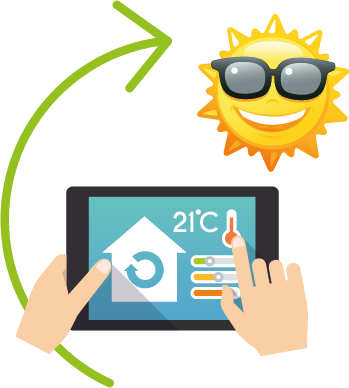
5. Energy Management:
Off-grid systems require careful energy management to ensure that you have enough electricity stored in the batteries to meet your needs. This may involve adjusting your energy usage or adding additional solar panels or batteries to the system.
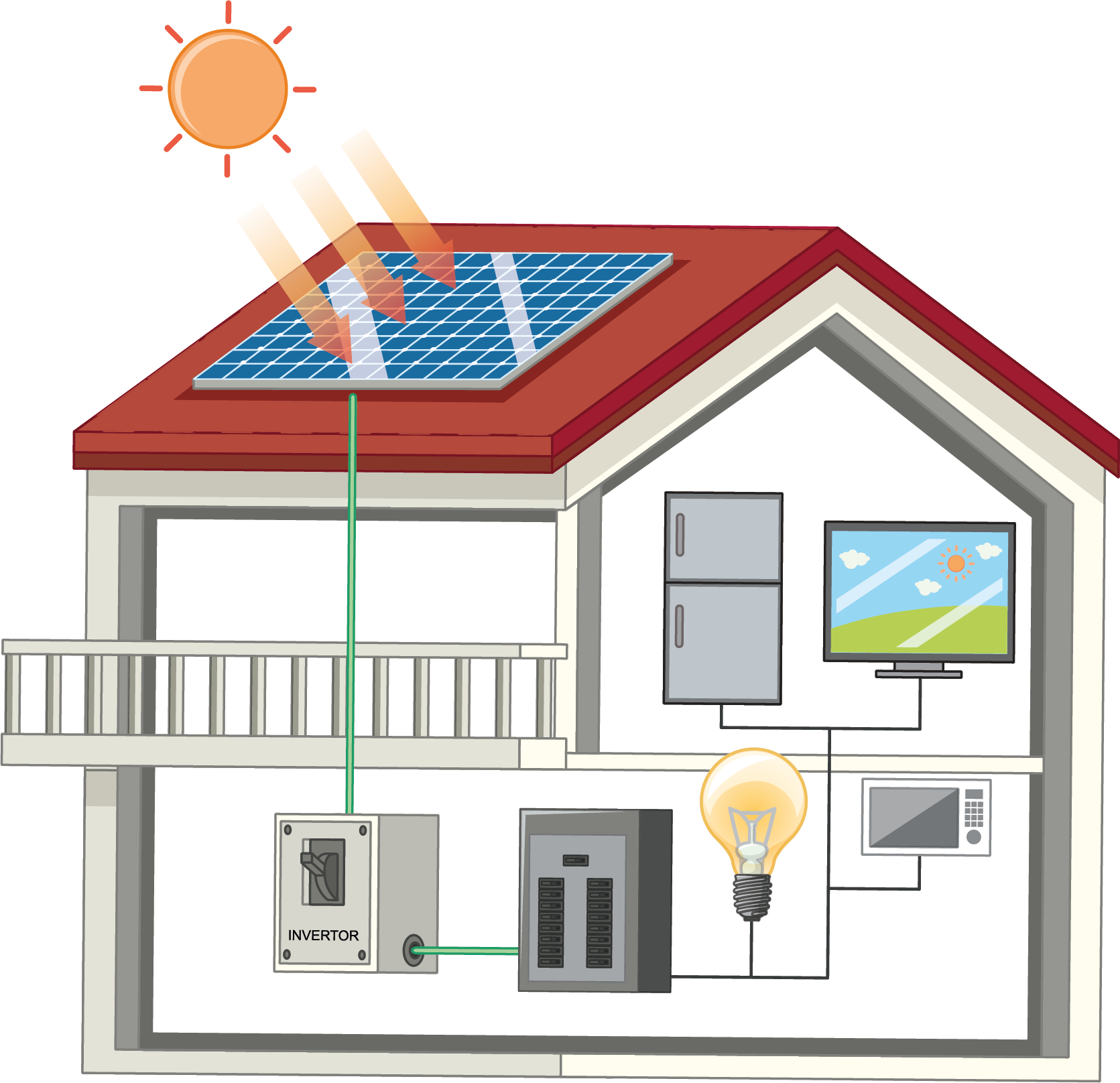
Immediate Returns
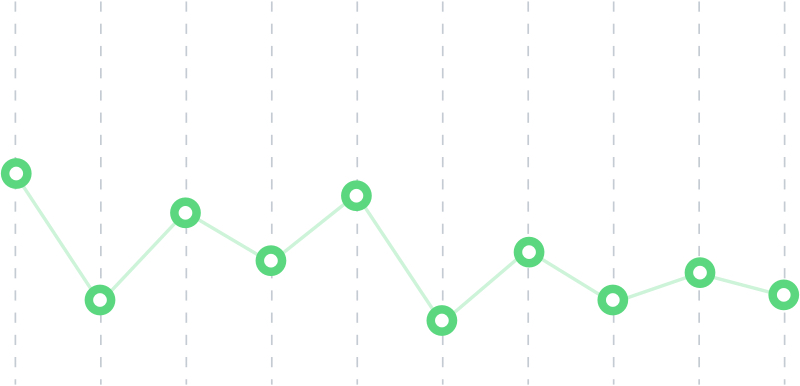
In summary
Solar panel systems harness the abundant energy of the sun to generate electricity, providing a clean, renewable source of power for your home. Whether you choose to connect your system to the grid or operate independently, solar energy offers numerous benefits, including reduced electricity bills, energy independence, and environmental sustainability.
FAQ
Welcome to our Frequently Asked Questions (FAQ) section! Here, you’ll find answers to the most common inquiries about installing solar panels in your home. If you don’t find the information you need, feel free to reach out to our customer service team. We’re here to assist you in making informed decisions and streamline your transition to solar energy.
How do solar panels work?
Solar panels convert sunlight into electricity through a process called photovoltaics. Photovoltaic cells in the panels capture sunlight and generate electrical current.
How long does the installation take?
- Installation time varies depending on the system’s size, but generally, most residential installations are completed within a few days.
How much can I save with solar panels?
- Savings depend on factors like system size, location, and energy consumption. Overall, many customers experience a significant reduction in their electricity bills.
Do I need solar batteries?
- Solar batteries are optional but can be beneficial for storing energy for nighttime use or cloudy days. The need for batteries depends on your goals and energy requirements.
What is the lifespan of solar panels?
- Solar panels typically have a 25-year performance warranty, but many continue to generate electricity well beyond this period.
Can I install solar panels on a flat roof?
- Yes, solar panels can be installed on flat roofs using specific mounting systems designed for this configuration.
How do we maintain solar panels?
- Maintenance is minimal. Occasional cleaning and regular inspections are recommended to ensure optimal performance.
Do I need permits to install solar panels?
- Yes, in most areas, permits are required for solar panel installations. Our team can assist you with this process.
Do solar panels work on cloudy days?
- Yes, solar panels still generate electricity on cloudy days, although at a reduced capacity.
What if I move?
- You can sell the property with the solar system included, transfer the contract to the new owners, or, in some cases, disassemble and install the system at your new residence. Our team will guide you through the available options.
Clean. Renewable. Efficient.
Choosing solar energy with RB Solar means opting for a clean and renewable energy source. Enjoy significant savings on your energy bills, reduce your carbon footprint, and contribute to a more sustainable future. Join us on the journey towards a more efficient and environmentally friendly home!
